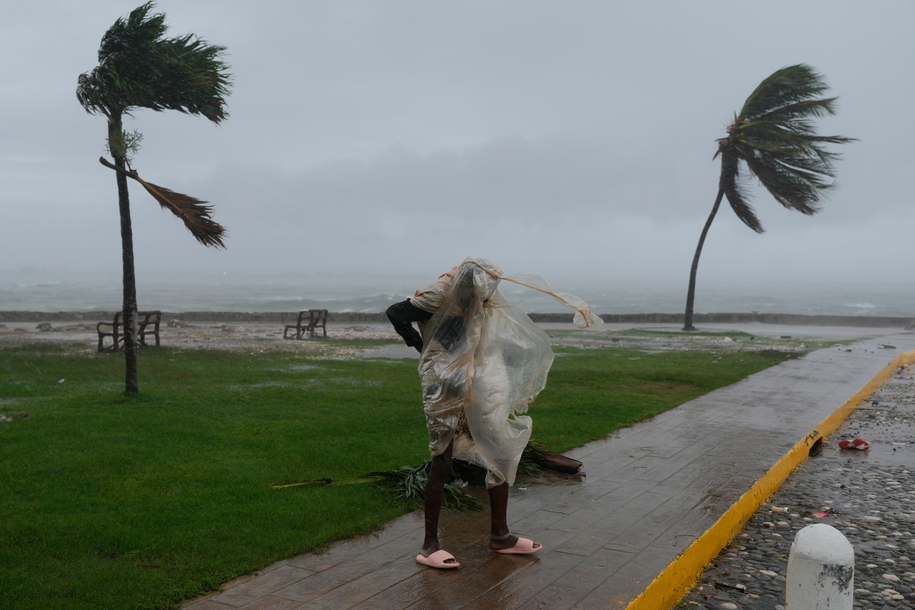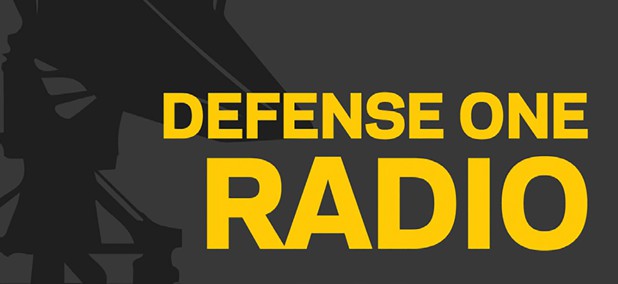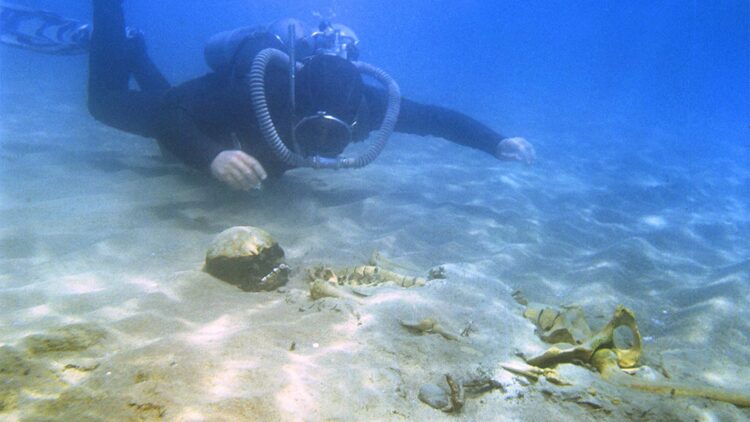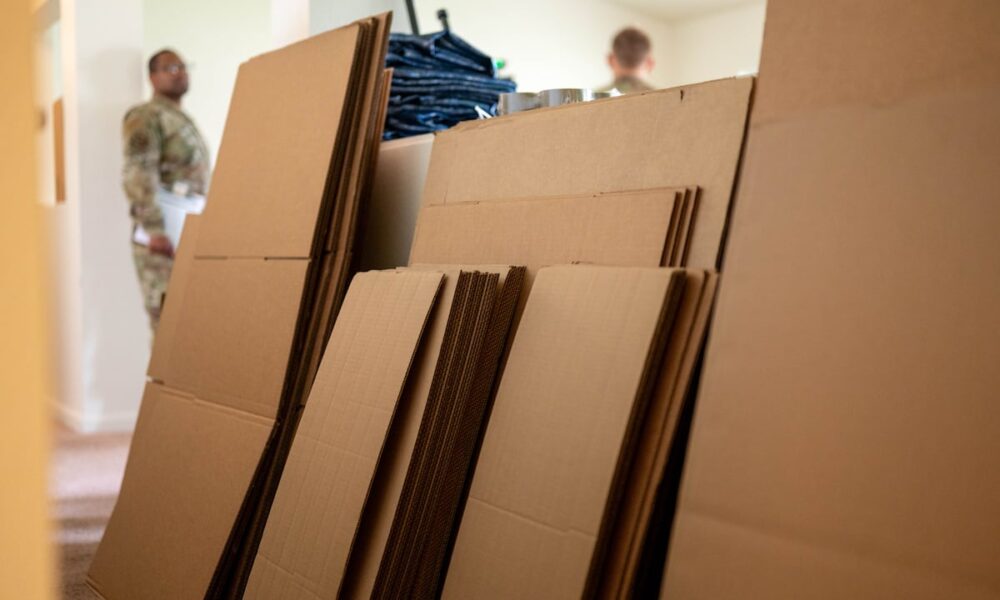Hurricane Melissa struck the Caribbean two weeks ago, causing significant destruction in Jamaica, Haiti, and Cuba. The storm, which reached Category 5 status with winds of up to 185 mph, has left communities grappling with extensive damage and displacement. As recovery efforts intensify, the need for global support becomes increasingly urgent.
The aftermath in Cuba is particularly dire. According to the United Nations Office for the Coordination of Humanitarian Affairs (OCHA), over 54,000 people remain displaced, with around 7,500 taking refuge in official shelters. Initial damage assessments indicate that more than 600 health facilities and approximately 90,000 homes have been affected. UN agencies are providing crucial support, having assisted around 140,000 individuals by setting up community kitchens and distributing agricultural tools to help restore livelihoods.
In Haiti, the human toll has been severe, with over 40 lives lost due to the hurricane. Humanitarian organizations are ramping up operations in response to widespread destruction across multiple departments. In Jamaica, the economic impact is staggering, with estimates suggesting that the damages could amount to between 28% and 32% of the island’s gross domestic product.
Theresa Rodriguez-Moodie, CEO of the Jamaica Environment Trust, emphasized the ongoing challenges posed by climate change, stating, “These storms are becoming the norm, unfortunately, and it is fuelled by the climate crisis.” The urgency for substantial international aid is echoed by the Jamaican government, which is appealing for immediate support.
The United States has committed nearly $37 million in emergency assistance to the region, as confirmed by the Department of State. However, this amount is seen by critics as insufficient when compared to the proposed $40 billion bailout for Argentina. Other nations are stepping in as well, with Venezuela sending aid to Cuba and Canadians offering support to Jamaica.
As recovery efforts continue, communities across the U.S. are mobilizing to aid victims of Hurricane Melissa. Various regions, including Austin, Texas, and South Florida, are organizing fundraisers and donation drives, reflecting a shared commitment to assist those impacted by the disaster.
International Dialogue on Climate Change
The ongoing COP30 climate change conference in Brazil has also become a platform for discussions about Hurricane Melissa and its implications. During the opening speeches, former Jamaican climate change director UnaMay Gordon highlighted the storm’s catastrophic impact on cultural heritage and community identity. “We lost cultural heritage, 300-year-old churches are lost. A part of our identity was lost with it,” she stated.
The conference underscores the urgent need for global action to address climate change, which is increasingly linked to the severity of storms like Melissa. Reports indicate that rising sea temperatures, exacerbated by climate change, significantly increased the likelihood of such a powerful hurricane forming.
As recovery efforts unfold, experts stress that Caribbean nations must prepare for future storms, which are expected to become more frequent and severe. The concept of a “compounding disaster trap” is emerging, where the time between storms is shorter than the time needed for communities to recover fully.
Organizations like World Central Kitchen are already on the ground, providing meals and essential supplies to affected families. Their efforts illustrate the critical role of humanitarian organizations in disaster response.
In summary, the devastating impact of Hurricane Melissa has necessitated a global response. As communities begin to rebuild, the call for comprehensive support from nations and organizations worldwide resonates louder than ever. The path to recovery will require not only immediate financial aid but also long-term commitments to address the underlying challenges of climate change affecting the Caribbean region.







